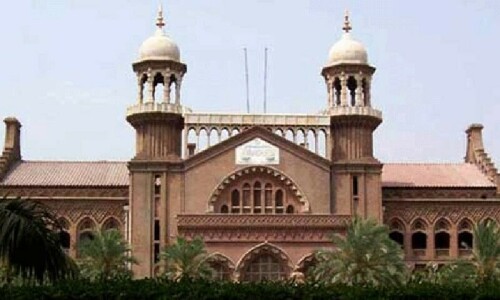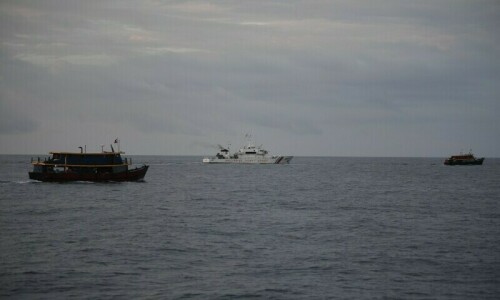IF the world labels Pakistan a deadly country for journalists, it is hardly off the mark. The discovery on Tuesday of the body of veteran journalist Syed Saleem Shahzad, and the circumstances under which he appears to have been killed, reflects the degree of impunity with which elements seeking to silence journalistic voices can operate. Mr Shahzad was the bureau chief of the Hong Kong-based web publication Asia Times Online , and the Italian news agency Adnkronos. He earlier worked with The Star , a sister concern of this newspaper, for over a decade. He disappeared late Sunday evening in Islamabad. His body, bearing the marks of torture, was found barely two days later interred in a graveyard in Mandi Bahauddin. By all accounts, Mr Shahzad was a man who knew too much. He had recently written a story about a Pakistan Navy investigation into suspected Al Qaeda sympathisers among its lower cadres. Extracts from his recently published book indicate that he was in possession of facts that could prove unsettling for elements within the security establishment. Given this, there are suspicions that some sections of the latter may have been involved in his murder. An international human rights organisation has alleged that this was indeed the case. The theory is substantiated by the uncharacteristic speed with which a post-mortem was conducted by the police and the burial of his body arranged. This is not the first time that the security agencies have been accused of targeting journalists; most recently, Umar Cheema of The News was kidnapped and beaten up last September.
For the journalistic community, Mr Shahzad's death is another grim reminder of its helplessness. Journalists are under attack from not just the terrorists, but also potentially sections of the state's security apparatus. Yet never is any such case investigated; no persecutor is brought to book. Pakistan is a deadly place for journalists not just because they are killed — that happens elsewhere too — but because the state refuses to pursue the cases. The message is that journalists can be silenced with impunity.Ironically, just hours before his abduction, Mr Shahzad was reportedly warned by a friend that his work was ruffling feathers in certain quarters “and these people are not benign. Who has ever held the agencies or their allies accountable for anything in our country?” Mr Shahzad paid with his life for this lack of accountability; so too may many more until the state stops shielding those who deal in death in the name of opaque security paradigms. The onus is on the security agencies to prove they had no role in his murder.












































Dear visitor, the comments section is undergoing an overhaul and will return soon.